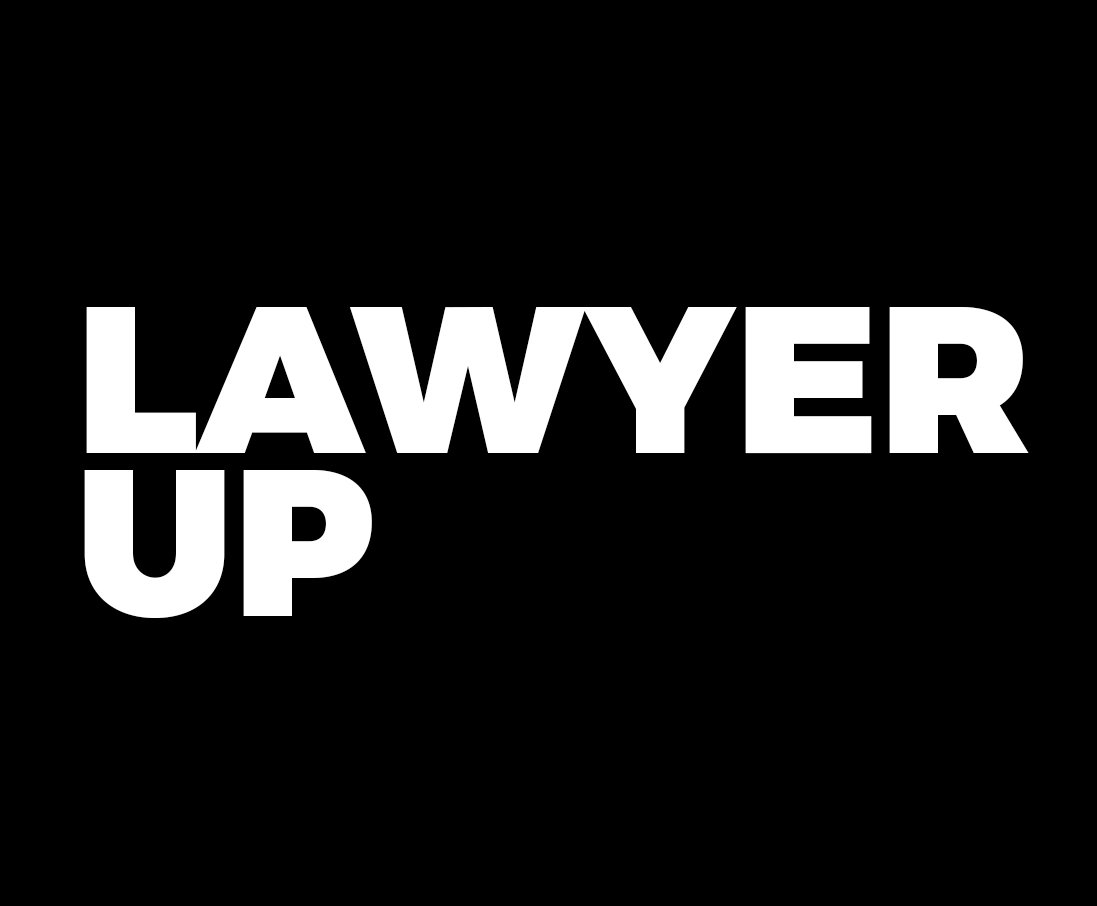Alberta just made history this week by becoming the first Canadian province to legalize the use of psychedelic-assisted therapy.
Last week, the province amended its Mental Health Services Protection Regulation to allow licensed physicians and therapists to use psychedelics and high-potency opioids to treat mental health and addiction issues. Starting on January 16th, 2023, licensed clinics will be allowed to administer LSD, MDMA, DMT, 5-MeO-DMT, mescaline, ketamine, or other psychedelics in conjunction with therapy. The new regulations will not allow doctors to use psychedelics to treat physical illnesses, like chronic pain or cancer, however.
“I think that this is one of our futures,” said Dr. Rob Tanguay of Alberta Health Services, CTV News Edmonton reported. “This is something that psychiatry has needed for a long time, is a new way of supporting and helping all those people who are affected by a mental health disorder, such as mood, anxiety and PTSD.”
Any clinic that wishes to offer psychedelic-assisted therapy must apply for a government license and operate under the medical oversight of a licensed psychiatrist. The individual licensing requirements will vary, depending on the risks involved with specific dosages and types of psychedelics. All patients that undergo these therapies will need to be monitored by health professionals for the full duration of the treatment.
“Some of the strongest supporters are among first responders and veterans who suffer from high rates of PTSD and other mental health conditions,” said Mike Ellis, Alberta’s Associate Minister of Mental Health and Addictions, the Edmonton Journal reported. “As a former police officer myself, I want to ensure that if there are promising practices to make life better for people with these conditions that we are supporting them in a professional way.”
Canada’s federal government has slowly been relaxing its restrictions on psychedelic medicine over the past few years. Since 2020, Health Canada has granted individual terminally ill patients the right to use psilocybin during their end-of-life care. This February, health officials started allowing doctors to prescribe MDMA, psilocybin, or other psychedelics to patients with serious life-threatening conditions, but again only on a case-by-case basis.
Health Canada does not allow clinics to offer psychedelic-assisted therapy to people who are not at death’s door, but a small number of clinics have started doing so anyway. Ketamine clinics have become particularly common, even though Health Canada considers the use of ketamine infusions to treat mental health issues an off-label practice. But rather than allowing clinics to offer unregulated psychedelic treatments, Alberta made the wise decision to legalize these new therapies and establish province-wide regulations for them.
Alberta’s new mental health guidelines will also now allow doctors to use high-potency opioids to help wean patients off of addictive narcotics. Under these new rules, licensed Opioid Dependency Program (OPD) clinics will be allowed to administer heroin, fentanyl, or other powerful narcotics to people who are addicted to these drugs. Opioids will only be administered under full medical supervision, and patients will not be allowed to leave the clinic during the treatment. The end goal is to help patients transition to methadone, Suboxone, or other drugs commonly used in substance abuse treatment.
Cover image via











